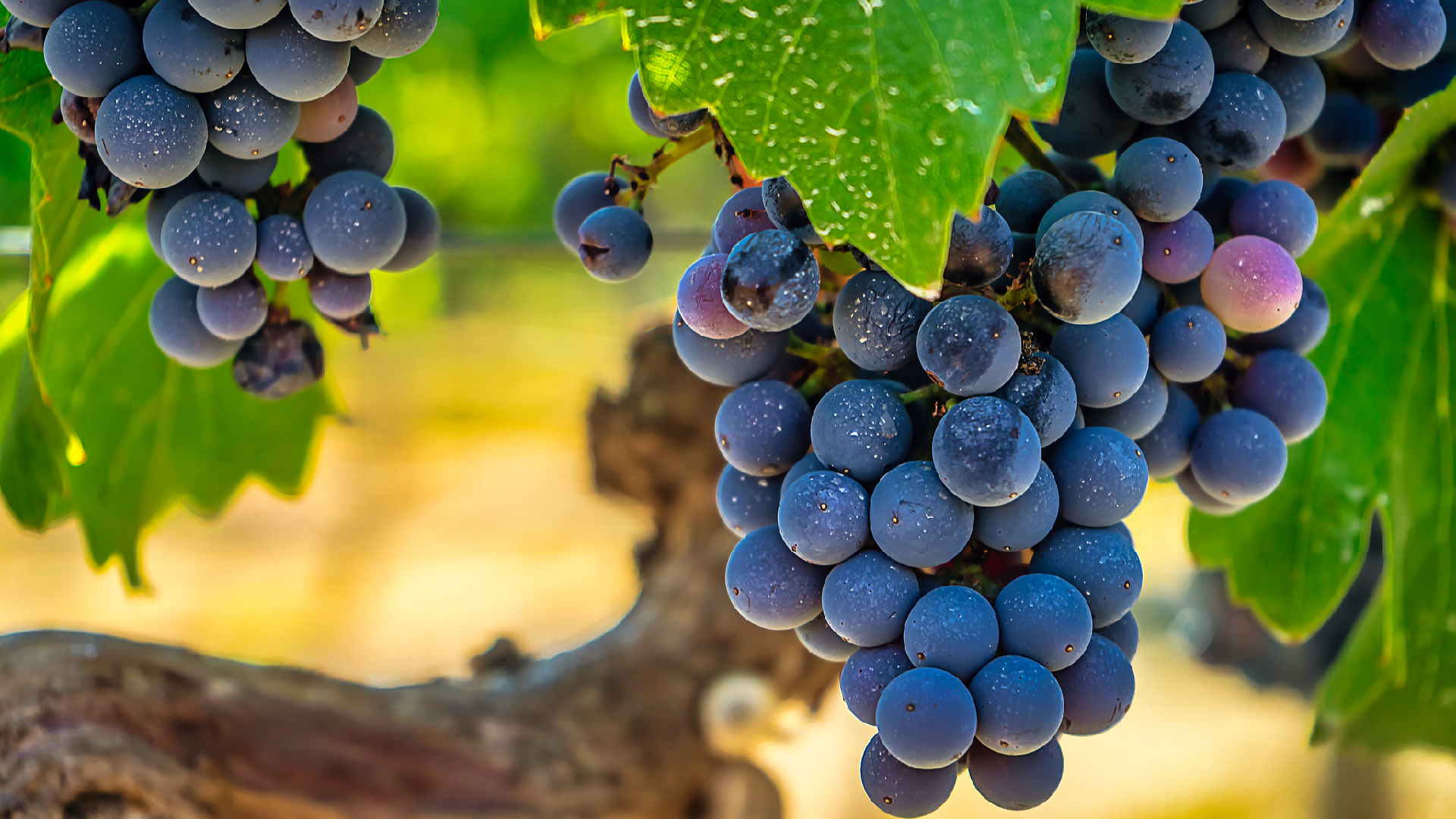Chinese researchers employ AI to speed up accurate grape breeding
It typically requires three years for a grape seed to germinate and produce fruit, with even more time needed to develop a superior grape variety. Researchers have been exploring quick and effective techniques to create and breed desirable new grape varieties.

A team led by Zhou Yongfeng, a researcher from the Agricultural Genomics Institute at Shenzhen, part of the Chinese Academy of Agricultural Sciences, has found an innovative breeding method utilizing artificial intelligence. This technique greatly shortens the breeding cycle and boasts a high prediction accuracy of 85 percent. In comparison to conventional methods, this new strategy can increase breeding efficiency by four times.
"This research is expected to achieve precise breeding design for grapes, accelerate grape variety innovation, and provide a reference for breeding other perennial crops," Zhou noted.
The team published their findings in the journal Nature Genetics on Monday.
To enable precise design and breeding, extensive and accurate genomic and genetic data must be analyzed. Zhou's team has focused on grape design and breeding since 2015, releasing the first complete grape genome map in 2023. They have further advanced their work by constructing the inaugural grape pan-genome, termed Grapepan v1.0.
To explore the relationship between grape genes and their traits, the researchers sampled over 400 representative varieties from nearly 10,000 grape types. Over two years, they examined 29 agronomic traits, which included cluster size, grape berry metabolite content, berry size, and fruit skin color. This effort culminated in the creation of genetic and trait maps for grapes.
To delve deeper into the genomic data for breeding guidance, the team introduced machine learning. They developed a predictive model that allows for early predictions and selections based on scoring, which helps to refine and enhance breeding strategies.
"With this model, breeders can assess the genetic potential of a large number of breeding materials quickly and accurately, enabling them to better select superior varieties. This breeding technology can predict the characteristics of grape seedlings at an early stage, allowing for the early removal of unsuitable seedlings and reducing unnecessary labor and investment costs," Zhou explained.
As of now, this research has been granted six national invention patents and has submitted an application for one international patent.
Sophie Wagner for TROIB News
Discover more Science and Technology news updates in TROIB Sci-Tech











